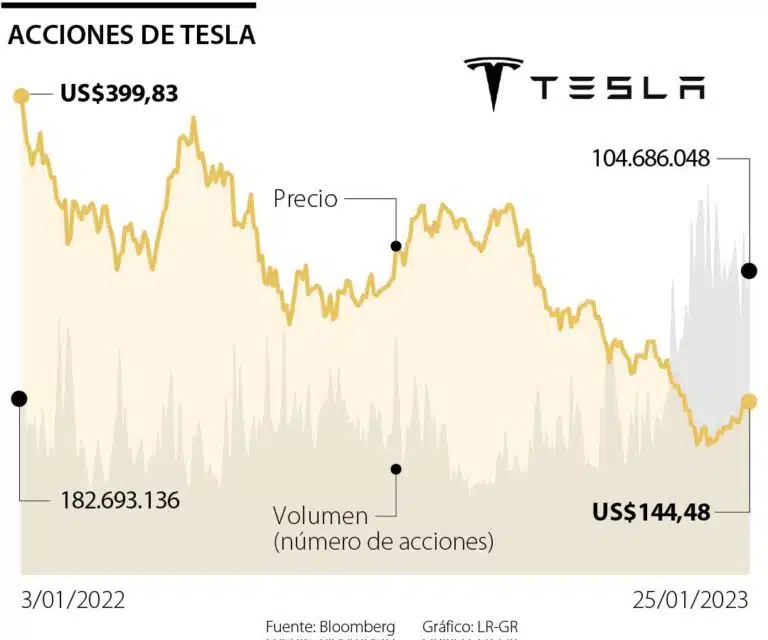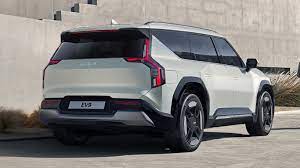How to use less fuel without sacrificing mobility
The need to reduce fuel consumption has become increasingly crucial in a world where sustainability and energy efficiency are priorities. However, this doesn’t have to mean giving up mobility or the freedom to move. There are various strategies that allow for optimizing fuel usage, from promoting public transportation to adopting more efficient driving practices. This article will explore ways to decrease fuel expenses while ensuring that daily mobility remains an accessible and responsible reality.
How to use less fuel without sacrificing mobility?
Fuel savings have become an essential concern for drivers seeking to maintain their mobility without compromising efficiency. Through practical strategies and smart driving habits, it is possible to significantly reduce fuel consumption. This article explores different tactics that can be applied both individually and collectively to achieve more sustainable and efficient transportation.
Promote the use of public transportation
One of the most effective ways to reduce fuel consumption is by promoting the use of public transportation. Using buses, trams, or trains not only reduces the number of vehicles on the road but also maximizes transit efficiency. Additionally, many cities are improving their public transport networks to make them more accessible and convenient, further encouraging their use.
Maintain smooth driving
The way one drives significantly influences fuel consumption. Maintaining a smoother driving style and avoiding sudden accelerations can lead to a substantial reduction in fuel expenditure. Using gradual accelerations and anticipating stops helps optimize engine performance and improve fuel efficiency.
The use of inertia
Utilizing the inertia of the vehicle is another technique that can contribute to fuel savings. This involves letting the car move forward without accelerating whenever possible, especially on downhill sections. This method not only reduces fuel consumption but also extends the engine’s lifespan.
Regular vehicle maintenance
Regular vehicle maintenance is essential to ensure its efficiency. A well-tuned engine in optimal condition consumes less fuel. It is crucial to perform regular oil changes, check the fuel system, and ensure that all components are in good condition. Proper maintenance can significantly improve fuel economy.
Tire pressure
Another important aspect of maintenance is tire pressure. Keeping tires properly inflated not only improves vehicle safety but also helps reduce fuel consumption. Deflated tires increase rolling resistance, resulting in higher energy expenditure.
Route planning
Route planning is a valuable strategy to avoid traffic and unnecessary travel. With good planning, one can reduce the time the engine spends running at high RPMs, leading to lower fuel consumption. Moreover, knowing alternative routes can make the trip more enjoyable and efficient.
Reduce vehicle weight
Removing unnecessary items that accumulate in the vehicle is another way to optimize fuel consumption. Every kilogram counts, and the lighter the car, the less energy it will need to move. Keeping the car free of heavy items not only aids in fuel savings but also improves the vehicle’s maneuverability.
Moderate use of air conditioning
Air conditioning consumes a significant amount of fuel, so it is advisable to use it sparingly. Opening the windows at low speeds can be an alternative to ventilate the car without using the air conditioning. On high-speed trips, it is preferable to use it, as opening the windows may increase wind resistance and, therefore, fuel consumption.
Carpooling
Sharing the vehicle is an option that not only saves gasoline but also promotes a culture of sustainable mobility. By sharing rides, the number of cars on the road decreases, contributing to reduced traffic and energy expenditure. Carpooling platforms are on the rise and facilitate this practice among drivers.
For more details on how to share a car and optimize costs, you can visit this link.
The influence of education on energy efficiency
It is crucial to educate drivers about the importance of energy efficiency. With a better understanding of how their habits affect fuel consumption, drivers can adopt practices that reduce their ecological footprint. Education in energy efficiency is key to fostering responsible behaviors in the use of transportation.
To learn more about the importance of education in this field, check here.
Conclusions on the effectiveness of maintenance
Proper vehicle maintenance not only results in fuel savings but also contributes to improving its lifespan. By paying attention to details and following appropriate recommendations, positive results can be achieved, both in terms of consumption and safety.
To delve deeper into the topic, you can visit the following link that addresses maintenance and its effects on fuel economy in hybrid vehicles: Maintenance and fuel economy.
Implementing all these strategies not only benefits the driver economically but also contributes to a more sustainable future in terms of mobility. Let’s adopt responsible habits to reduce fuel consumption without compromising our freedom of movement.
In a world where fuel costs are constantly rising, finding ways to reduce consumption without compromising the freedom of movement is essential. The key lies in adopting efficient driving habits and changing small daily practices that, although they may seem simple, have a significant impact on fuel economy.
One of the most effective strategies is to promote the use of public transportation. By doing so, the number of vehicles on the roads is reduced, which not only decreases individual fuel consumption but also contributes to less congestion and pollution in our cities. Moreover, this mode of transport often provides a more economical and efficient alternative for daily commutes.
Planning routes is also a vital aspect. Avoiding traffic and unnecessary routes leads to significant fuel savings. A well-planned driving allows for utilizing the inertia of the vehicle, like letting the car move without accelerating whenever possible, and using higher gears, which reduces engine performance and, consequently, fuel expenditure.
Additionally, keeping the vehicle in good condition through regular maintenance ensures it functions optimally. Keeping tires correctly inflated and making necessary adjustments to the engine can make a big difference in fuel performance.
Finally, promoting a more sustainable lifestyle also involves being aware of our consumption and travel habits. Small changes, such as carpooling or choosing travel times outside of peak hours, can result in savings not only in fuel but also in overall expenses, thus promoting a greener and more responsible future.






